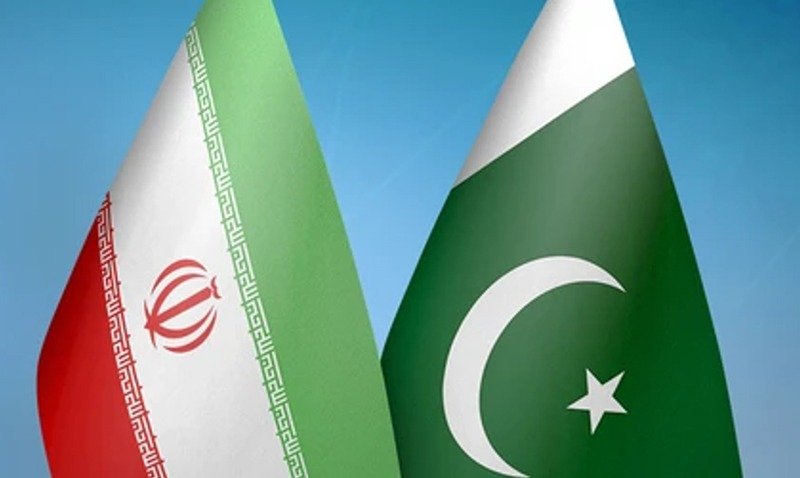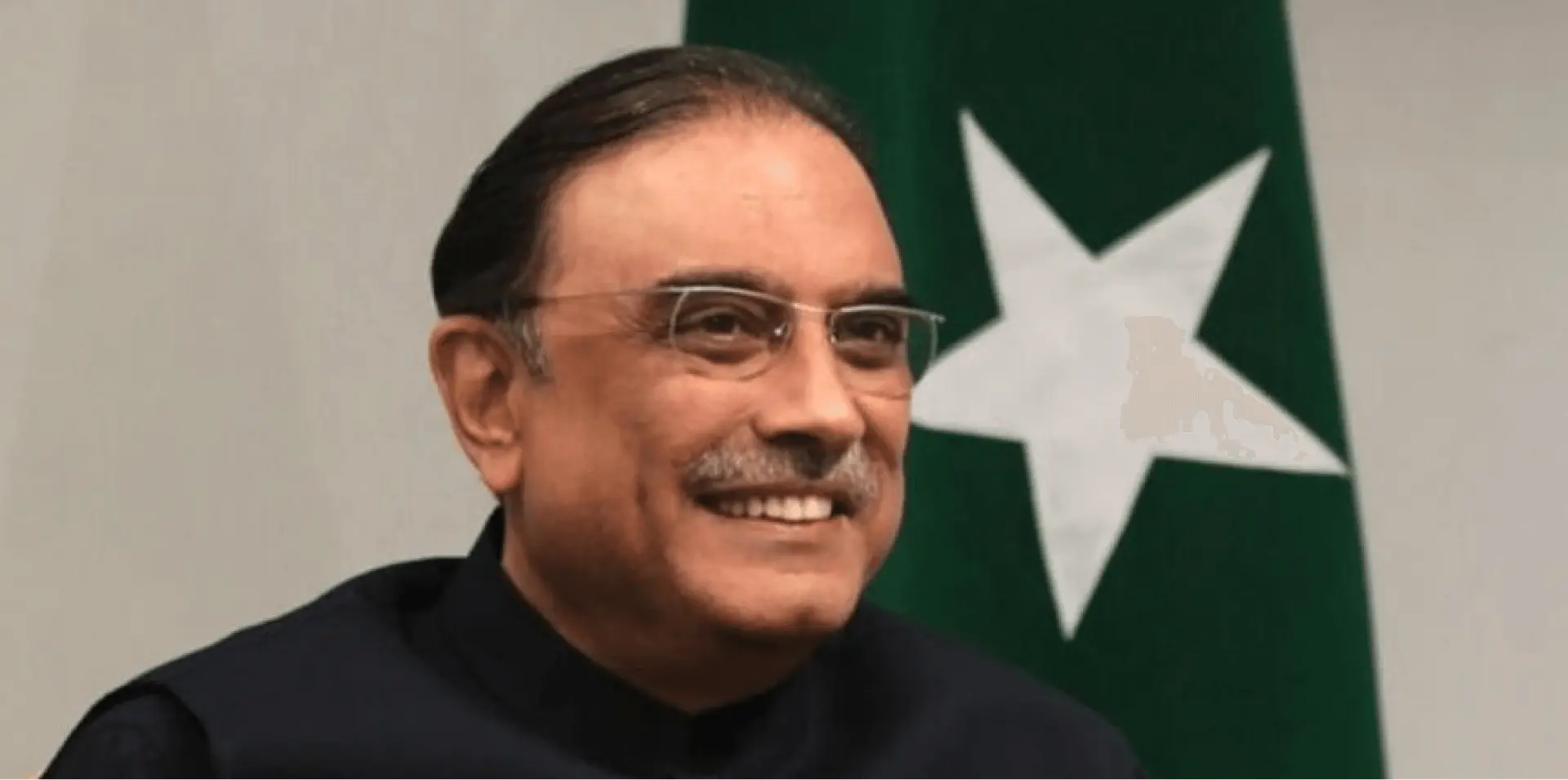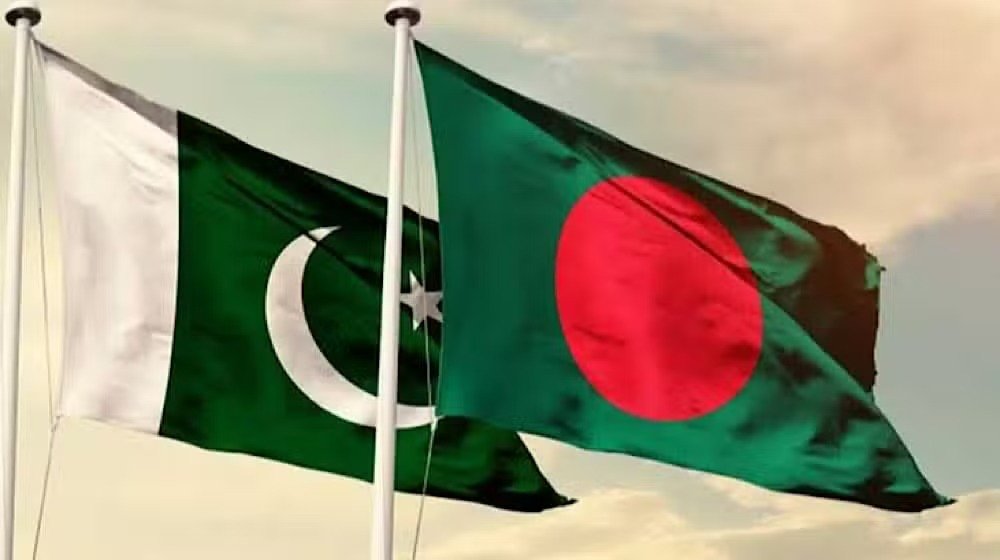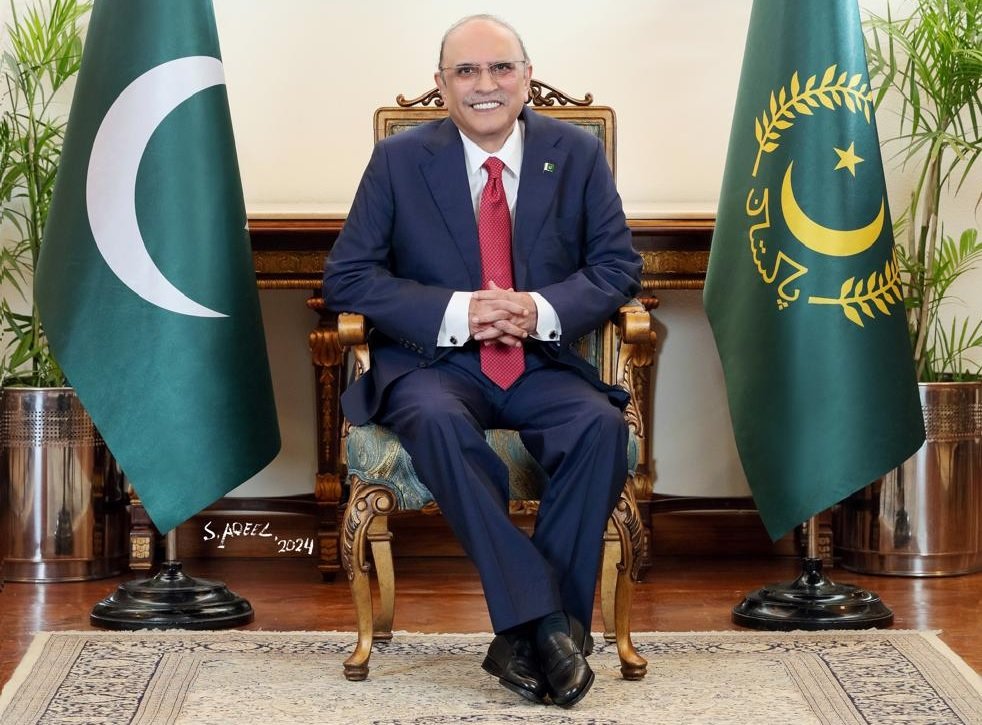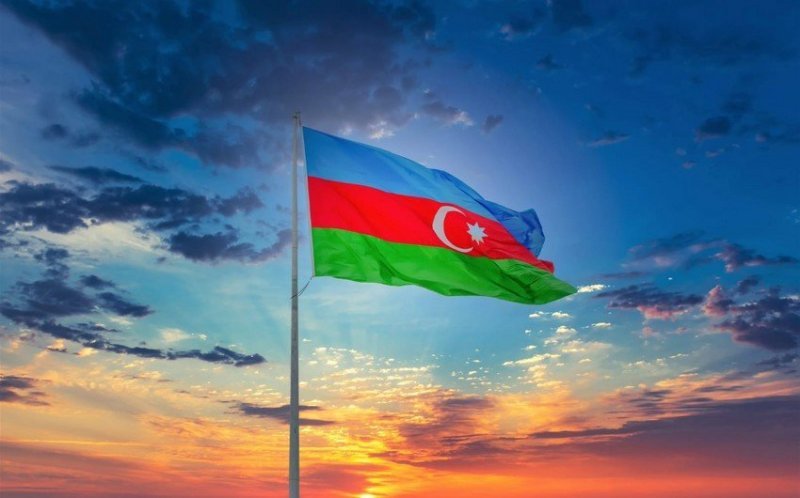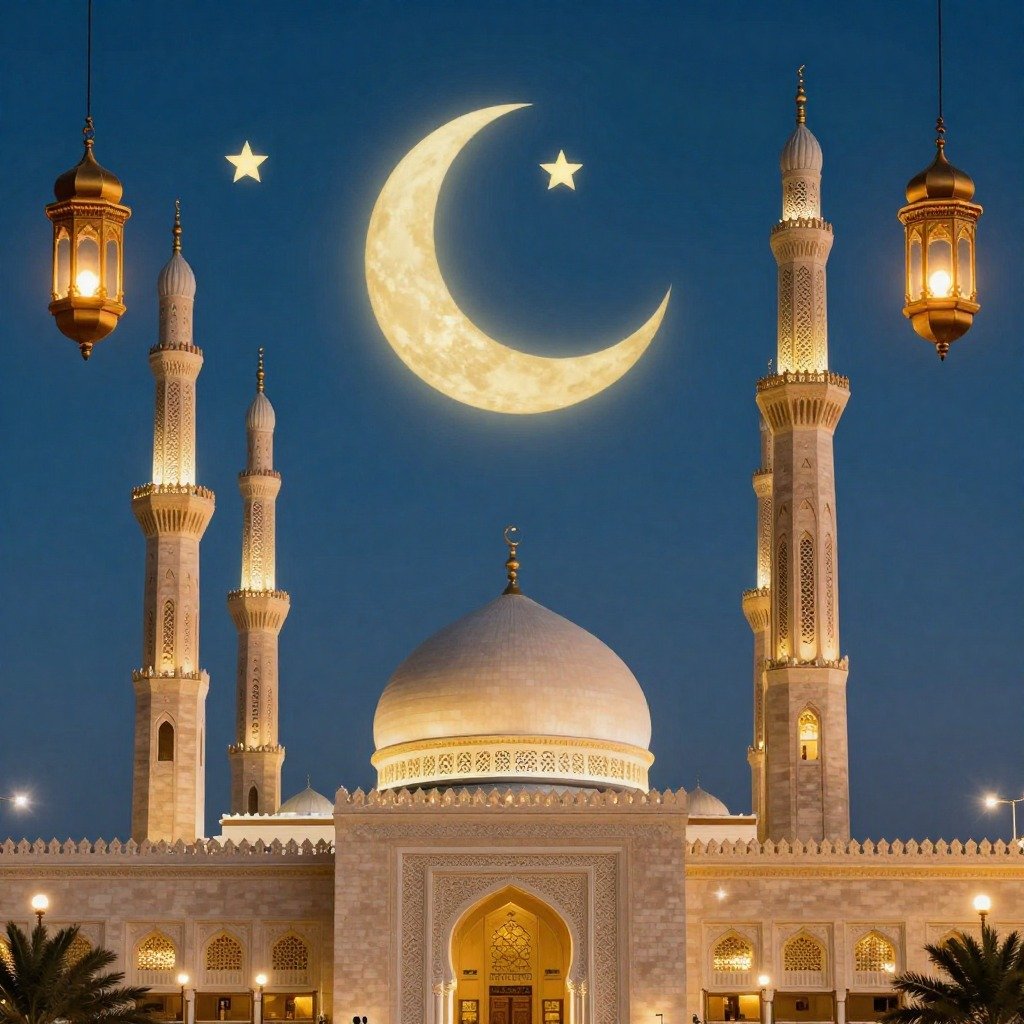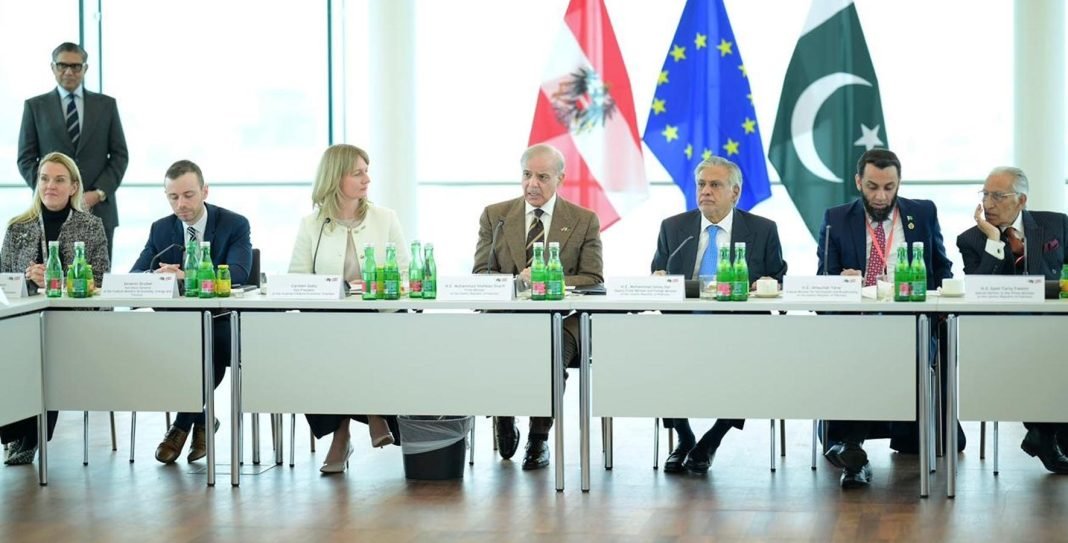War, in its essence, is a tragic manifestation of human failure—failure to resolve differences through dialogue, failure to respect boundaries, and failure to uphold justice. It unleashes horrors upon the innocent and tarnishes civilizations with the blood of the undeserving. Yet, there are rare moments in history when the flames of war, though undesirable, illuminate truths long buried under arrogance, deceit, and unchecked aggression. The months of May and June this year bore witness to such moments—when two long-oppressed regions, South Asia and the Middle East, saw the masks fall off powerful aggressors, and the world stood astonished by the reversal of long-standing myths.
For many decades, India has positioned itself as a regional giant in South Asia, supported by international alliances and a growing sense of militaristic self-righteousness. It has used its influence to intimidate its neighbors, particularly Pakistan, engaging in diplomatic brinkmanship, covert destabilization, and an unending campaign of misinformation. However, on the 7th of May, by the grace of Almighty Allah, Pakistan responded with a swiftness and precision that shook the very foundation of India’s inflated self-image. What transpired on that single day was not merely a military maneuver—it was a moral rebuke, a strategic checkmate, and a divine balancing of the scales.
The Indian establishment had perhaps grown too comfortable in its assumptions. Years of unchecked narratives, exaggerated claims of superiority, and a false sense of invulnerability had clouded their judgment. But Pakistan’s resolve, born not just from military strength but from a deep-rooted sense of justice and faith, delivered a blow that reminded the world—and India itself—that arrogance has a price. Since that day, an unusual silence has prevailed across the border, a quiet not of peace-loving reflection, but of stunned recalibration. Yet, those familiar with history know well that old habits die hard. India may momentarily pause, but the patterns of provocation will likely continue. Still, May 7 has become a date engraved in memory—a day when truth, preparedness, and divine help intersected.
Equally astonishing has been the parallel unfolding in the Middle East. For decades, Israel has operated with impunity, shielded by powerful allies and international double standards. Its actions in Gaza and across the Palestinian territories have often been brutal, unchecked, and in violation of every principle of human dignity. Yet, it has rarely faced retaliation of equal magnitude. That changed when Iran, often vilified, isolated, and under tremendous economic and strategic pressure, responded in a manner that startled even its staunchest critics.
In a stunning display of resilience and strategy, Iran pierced through the layers of defense and struck the heart of Israel—Tel Aviv and other cities—bringing the war to the very streets from which oppression had long been dispatched. The world, accustomed to seeing Gaza in ruins, now witnessed images from within Israel that were indistinguishable from those usually reserved for occupied Palestinian land. For the first time in recent history, the line between aggressor and victim was blurred on Israeli soil.
This was not merely a retaliatory strike—it was a moment of reckoning. Iran, by the mercy of Allah, overcame not only its external enemies but also internal constraints and regional challenges to deliver a response that will be studied in strategic circles for years to come. It has, so far, emerged as a nation that refused to be bowed, demonstrating to the world that no matter how isolated a country may be, if it is rooted in belief and driven by justice, it can rewrite the rules of engagement.
It is crucial to understand that this is not a glorification of war. No person of conscience celebrates bloodshed. The loss of life—on any side—is a tragedy. Yet, what deserves recognition is the rare assertion of justice against long-standing oppression. These events have shown that power, when misused, can be challenged; that no state, however militarily powerful or diplomatically protected, can claim eternal exemption from consequences.
Both Pakistan and Iran, in their respective theatres of conflict, stood not as aggressors but as defenders—of their people, their dignity, and their right to exist in peace. Their actions were not fueled by hatred, but by necessity. And in doing so, they restored a sense of balance to a world that had for too long tilted in favor of tyranny.
These developments in May and June will be remembered—not because they brought pain, but because they brought clarity. They reminded us that faith still matters, that justice is not dead, and that divine will, when it intervenes, can reverse even the most entrenched injustices. Future generations will look back at these days not just as moments of conflict, but as moments of awakening—when the oppressed spoke, and the oppressors were forced to listen.
May Allah continue to protect the innocent, guide the unjust toward truth, and grant peace with honor to all nations. For real victory lies not in destroying others, but in upholding justice and living in dignity. And when justice prevails, even through the path of fire, it leaves behind not ashes—but light.

Mr. Muhammad Mohsin Iqbal is the Director General National Assembly Parliament House Islamabad.

Director General National Assembly Parliament House Islamabad.
